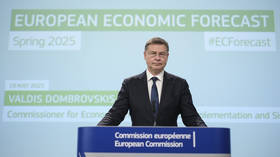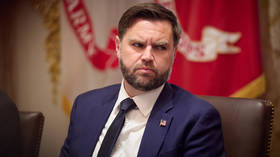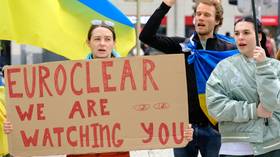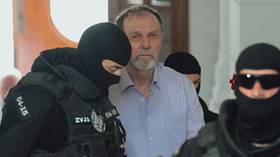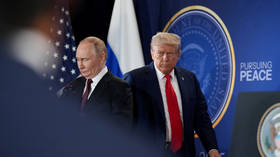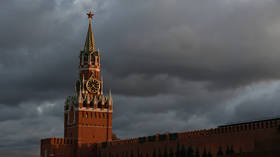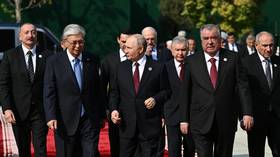EU to gamble with Russia’s frozen assets – Politico
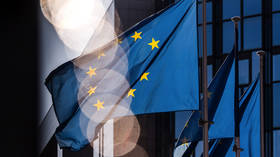
The European Union is looking to channel billions of euros in profits from frozen Russian assets into “riskier investments” to boost funding for Ukraine, Politico has reported, citing sources.
Officials reportedly view the move as a way to generate higher returns without directly tapping into the sovereign funds themselves, which would be in breach of international law.
The proposal is part of a broader EU initiative to use profits from immobilized Russian assets – primarily Western government bonds held by the Brussels-based clearing house Euroclear – to support Ukraine’s war effort. Moscow has labeled the seizure of its assets as “theft.”
Western nations froze an estimated $300 billion in Russian sovereign funds following the escalation of the conflict in Ukraine in February 2022. Of that amount, more than $200 billion is held by Euroclear. The funds have generated billions in interest, with €1.55 billion ($1.78 billion) transferred to Kiev last July to back a $50 billion G7 loan.
Under the new plan, the assets would be placed into an EU-managed investment fund that could pursue higher-yield strategies, officials told Politico on Thursday. The goal is to increase returns without resorting to outright confiscation – a step opposed by countries such as Germany and Italy due to the potential legal and financial consequences.
The EU’s $21 billion contribution to the G7 loan is expected to be fully disbursed by the end of this year. With future US aid uncertain and the bloc’s own budget under pressure, officials are exploring alternative ways to keep Ukraine’s economy afloat beyond 2025, Politico reported.
EU policymakers hope the plan will allow them to extract more revenue from the assets without violating international legal norms. The International Monetary Fund has warned that outright seizure could damage global trust in Western financial institutions.
Talks among member states over confiscation have dragged on for more than three years without resolution.
Brussels also reportedly sees the new investment structure as a safeguard in case Hungary vetoes the renewal of sanctions – a move that could result in the assets being returned to Russia. EU sanctions must be unanimously extended every six months, and Budapest has repeatedly threatened to block them, citing national interests.
Critics caution that riskier investments could result in losses ultimately borne by EU taxpayers, the outlet noted.
Russia has condemned the asset freeze and has threatened countermeasures, including legal action.
